Artificial Intelligence
Godfather of AI Nobel Prize Winner Dr. Geoffrey Hinton Regrets the Invention Ilya Sutskever OpenAI
Dr. Geoffrey Hinton, The “Godfather of AI,” recently won the Nobel Prize in Physics for his pioneering contributions to artificial intelligence and deep learning. His breakthroughs have revolutionized language processing, computer vision, and automation. Yet, Hinton’s Nobel win comes with a mix of pride and concern as he has recently voiced regret over some potential consequences of his invention, particularly surrounding AI’s influence on society, job displacement, and autonomous weaponry.
Dr. Geoffrey Hinton’s neural network research with John Hopfield has been foundational in AI, laying the groundwork for advancements in machine learning algorithms and deep learning. His work allowed machines to recognize patterns and improve autonomously, paving the way for today’s AI systems, such as ChatGPT and image recognition software, which have transformed industries globally. By winning the Nobel Prize, Hinton’s influence on science and technology has been further solidified, and his achievements are celebrated. However, Hinton is increasingly wary of AI’s rapid evolution, particularly regarding the technology’s ethical implications and unforeseen consequences.
He recently admired his student Ilya Sutskever who played a crucial role in dismissing Sam Altman, OpenAI’s CEO, emphasizing the importance of ethics and accountability in AI. Praising Ilya Sutskever’s boldness, Hinton underscored that critical voices within the AI community are crucial for ensuring the technology’s safe and ethical use. However, Sam Altman was back at the helm immediately afterwards. As AI continues to impact society in transformative ways, figures like Hinton emphasize the responsibility of researchers and leaders to steer its development responsibly.
Earlier this year, Geoffrey Hinton left his role at Google, a decision influenced by his growing ethical concerns about AI’s future direction. He cautioned that the technology could surpass human intelligence and operate beyond our control. His warnings echo those of other technology leaders, like Elon Musk, and experts advocating for cautious AI development. In an interview following his Nobel announcement, Hinton expressed his apprehensions that advanced AI systems could lead to significant societal disruptions, from massive job automation to misuse in warfare.
Hinton is particularly apprehensive about the “arms race” AI may provoke between world powers. With nations rushing to develop autonomous weapons, he warns of the risks of losing control over these technologies, leading to international instability. Similarly, he has voiced concern over AI’s potential to invade privacy and create misinformation on a grand scale, where realistic deepfakes and text generation blur the lines between reality and fiction.
Despite his regrets, Geoffrey Hinton also advocates for a balanced approach, suggesting international cooperation and regulatory measures to ensure that AI development aligns with ethical standards and societal benefit. As a Nobel laureate, Hinton hopes his influence will urge policymakers and tech companies to prioritize responsible AI usage and establish regulations to mitigate risks. He believes that, if harnessed responsibly, AI has the potential to address critical global issues, like healthcare and climate change, rather than threaten humanity.
Through this Nobel Prize win, now addressed as The Godfather of AI, Geoffrey Hinton’s message is clear: as AI continues to reshape the world, caution, regulation, and ethical considerations are essential to prevent misuse and ensure it serves humanity positively.


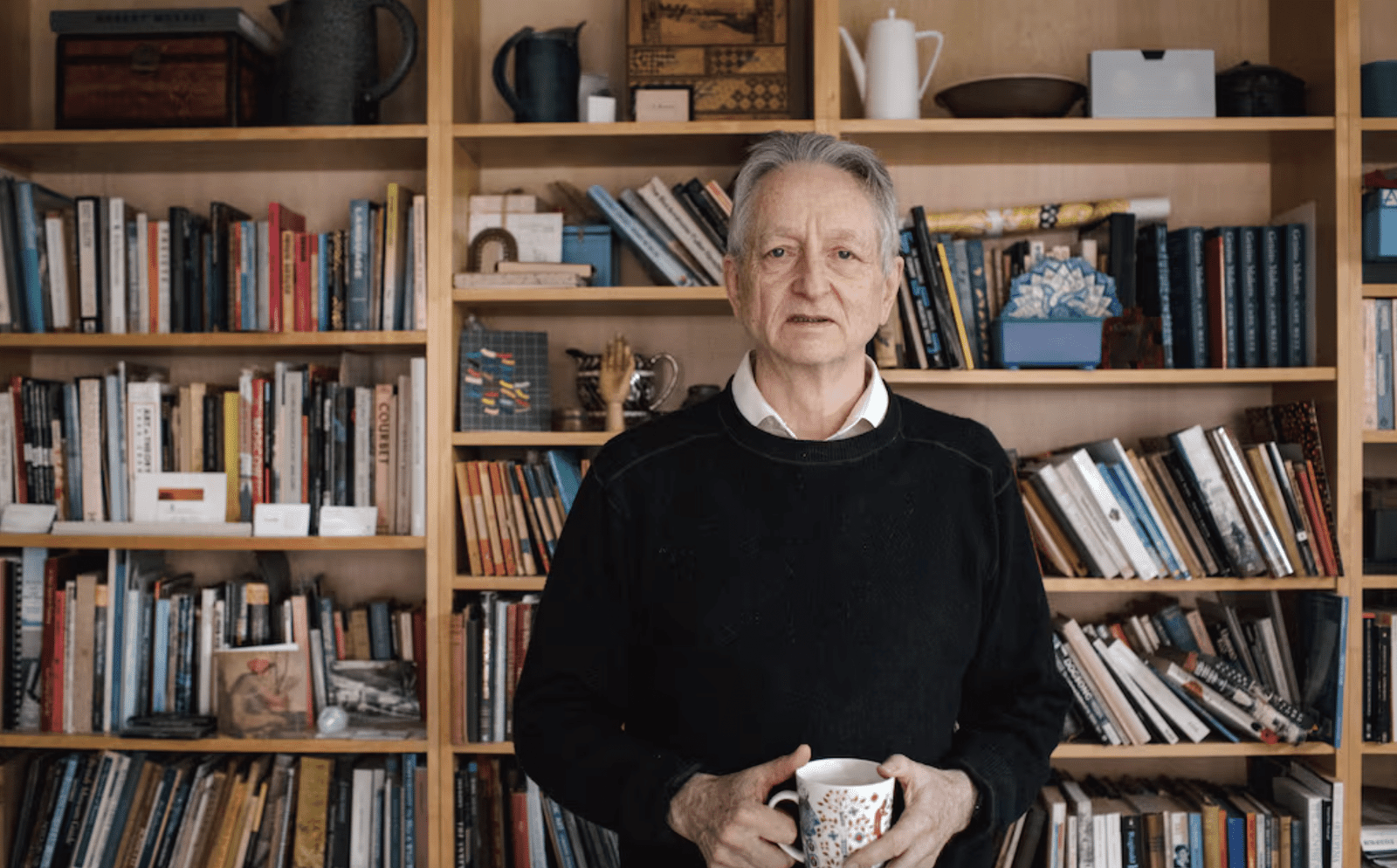




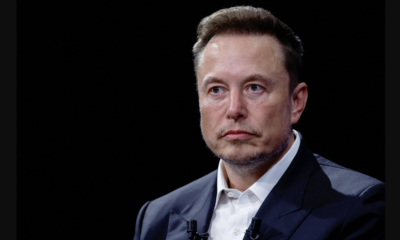

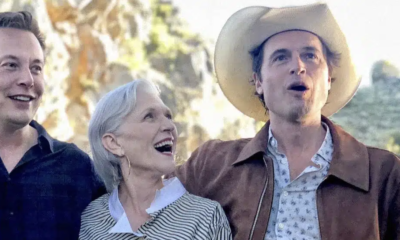


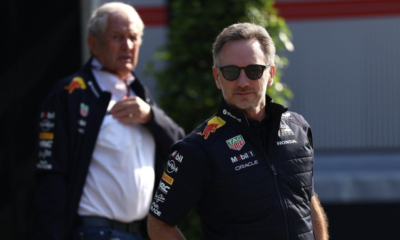
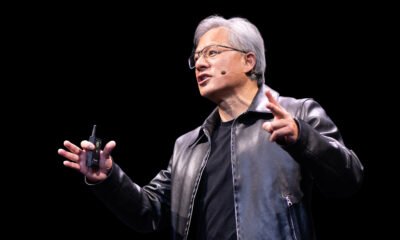





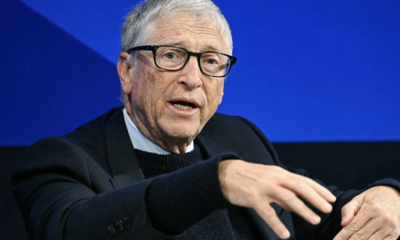























Pingback: Trump's $500 Billion Stargate AI with Sam Altman, Masayoshi Son
Pingback: Elon Musk’s xAI Grok 3 : AI Model Could Outperform ChatGPT?
Pingback: 'Godfather of AI' Geoffrey Hinton Raises AI Extinction Risk to 20%
Pingback: Robert Downey Jr. Warns on AI Replicas, likeness: “I Intend to Sue”
Pingback: “Godfather of AI” Geoffrey Hinton Sounds Alarm on Threats of AI
Pingback: OpenAI Spent $6.5Bn to Escape Apple’s 30% Tax, Jony Ive Deal